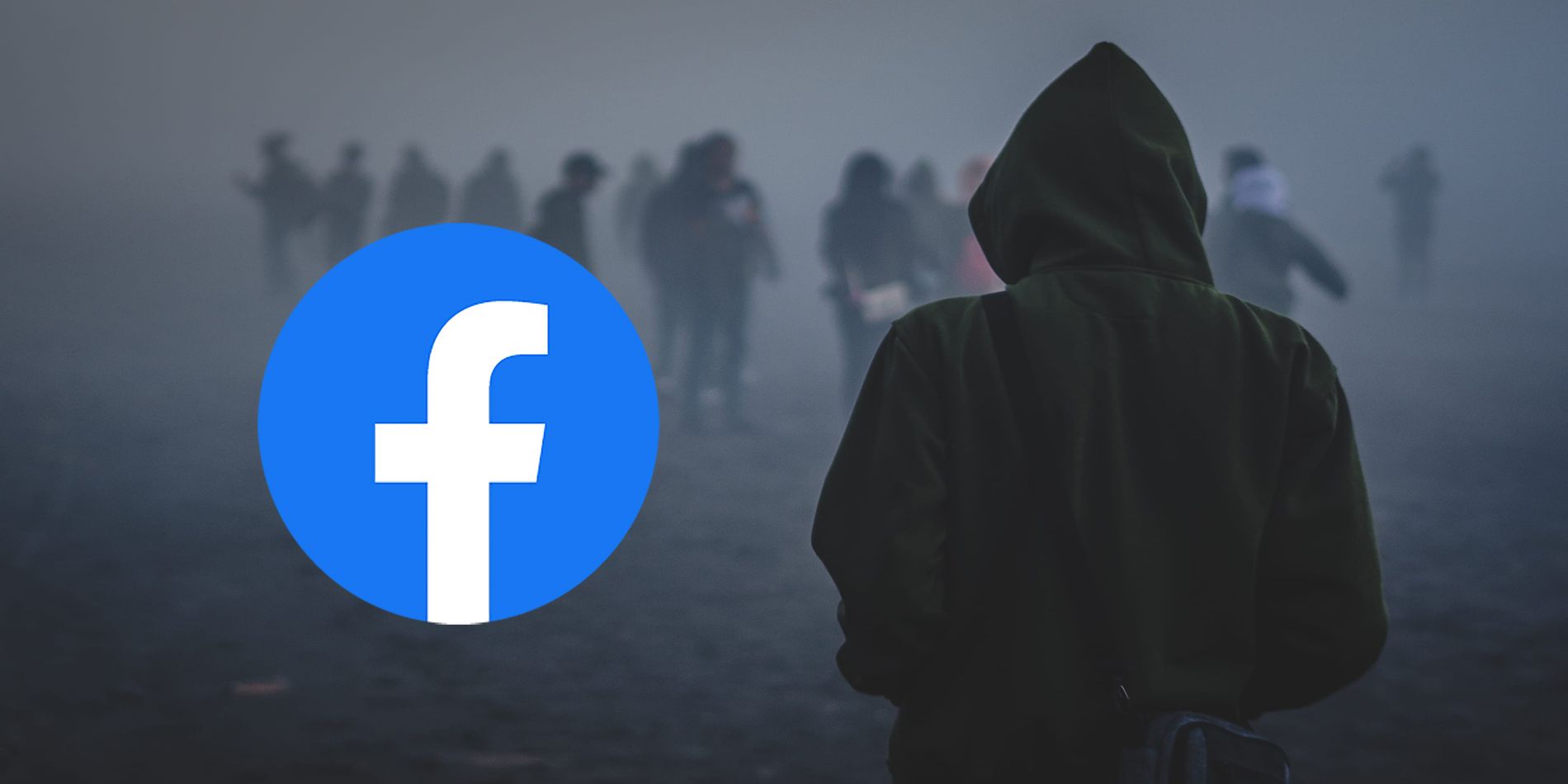Whether social media services, including Twitter, have too much power is a question some have probably contemplated recently. For many, the internet is the gateway to the world and social media platforms are the bubbles from where they often observe a filtered version of those surroundings. This alone makes social media sites like Facebook, Twitter and Instagram extremely powerful.
The COVID-19 pandemic period has reminded people that the social and work lives of millions have shifted online and, specifically, to social media platforms. Apart from a space for socializing with friends and acquaintances, people also depend on platforms like Facebook and Twitter for news. However, they are also spaces for people to voice their opinions, no matter how extreme they might be. Although these services have recently started to increase the enforcing of their rules over the most extreme of opinions. Regardless, all this happens within a personalized bubble that social media platforms prepare for users, based on the data collected from users.
All of this has led to the question of whether these services have too much power and it seems a majority of Americans think so. A recent survey by Pew Research Center suggests that 72 percent of adults in the US think social media companies have too much power and influence in politics today. The result of the survey has been published days before the CEOs of four of the biggest tech companies – Amazon, Apple, Facebook and Google – are set to testify before Congress. The purpose of the investigation is competition in the tech industry and while the hearing will certainly address the business side of the question of power, the political side of whether social companies have too much power still remains.
The Power Of Social Media & Why It Matters

The Pew survey indicates that across the political spectrum, the majority view is that social media companies have too much clout on what is going on in the world. The findings are divided by ideological differences and is similar to that of a 2018 survey that found Republicans more likely to believe social media sites censor political viewpoints. This makes sense considering platforms like Twitter have started to regulate their content more proactively in the last year. Even Facebook, historically unwilling to regulate content, has changed its stance of avoiding interference in free speech by enforcing its hate-speech and misinformation policies more actively.
Whether social media platforms should be made legally responsible for the content they host, like traditional publishing companies, is easier said than done. Especially considering how different social media platforms are in content-generation and dissemination, both in scale and nature, compared to traditional publishers. Nevertheless, it is safe to say that social media companies do have too much power in shaping the political discourse and that matters. Facebook’s influence on the 2016 US presidential election, the Brexit referendum, and the company’s role in the 2018 Cambridge Analytica Scandal proves that social media companies need to be held more accountable.
However, bringing content regulation might not be practical. It might be better to ask whether it is the content itself that is the problem or the personalization of content that results in these artificial bubbles where some believe in a reality that is quite different from, and often more harmful, than what is actually happening. The data harnessed from user activity for personalized content (and ads) is another big headache. Remember, it is this data that Cambridge Analytica abused in the first place. Now, these are issues that sensible governments can do something about by bringing in strict privacy laws and forcing companies to change how their platforms work.
Perhaps it is not a surprise that the recent survey revealed a growing consensus among Americans on regulating social media companies. However, this needs to be done carefully since, for better or worse, platforms like Facebook and Twitter are where a major part of political discourse in hi-tech democracies takes place.





